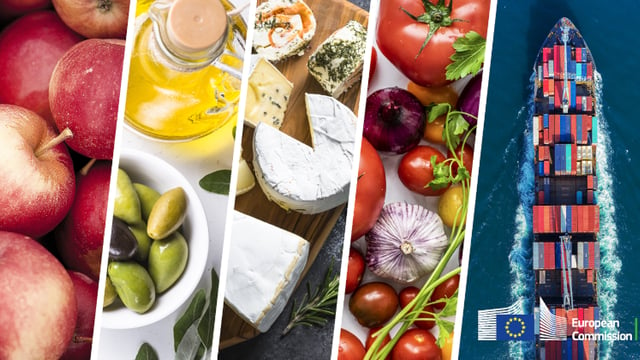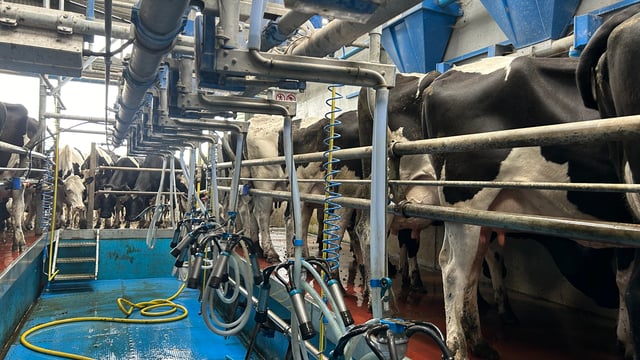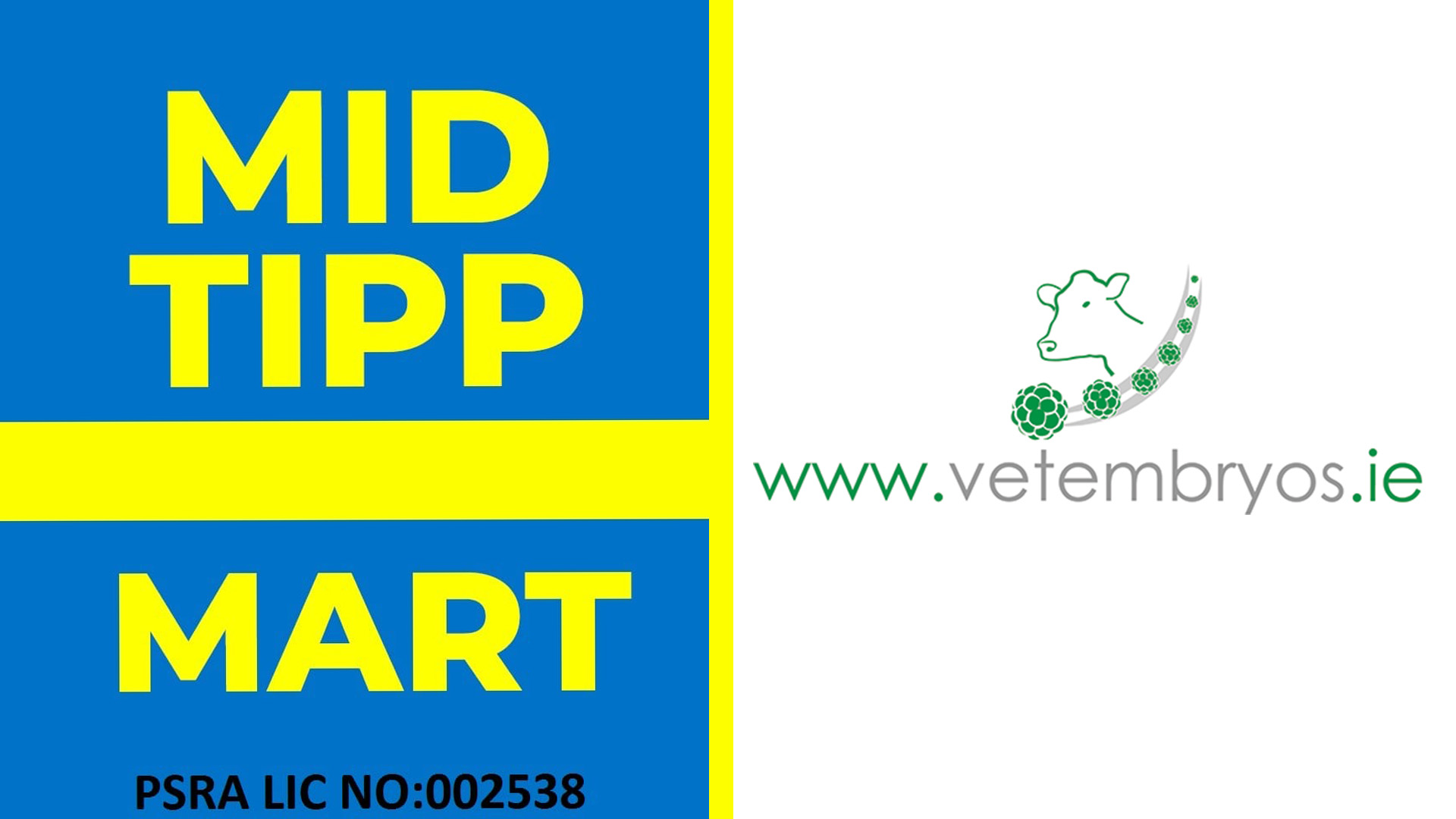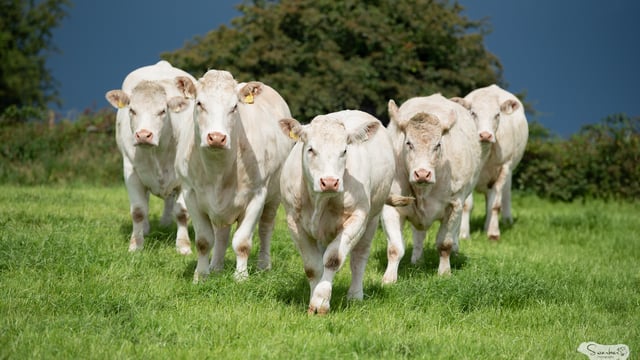Wait for National Carbon Farming Framework continues
A National Carbon Farming Framework for Ireland which was identified for delivery by the end of June is yet to be published by the Department of Agriculture, Food and the Marine (DAFM).
The DAFM is leading the development of the framework which will provide guidance to all stakeholders on the key principles for the development of carbon farming in Ireland.
Carbon farming aims to sequester carbon dioxide (CO2) from the atmosphere and store it in soils and reward farmers for reducing emissions and increasing carbon sequestration.
Ireland's Climate Action Plan 2024 is committed to delivering on the development of ecosystem services through the creation of a National Carbon Farming Framework.
"The process of developing this action is progressing, however, the complexity of this policy area needs to be acknowledged," the DAFM told Agriland.
The DAFM confirmed that a policy document will be published "when finalised", and that further stakeholder views will be sought by way of a public consultation.
Last year, a public consultation to obtain feedback from stakeholders on the scope of a National Carbon Farming Framework for Ireland received over 450 submissions.
The findings of this consultation were to inform the decision making of a multi-stakeholder working group established and chaired by the DAFM to oversee the development of the framework.
The carbon farming framework aims to increase the ambition and participation of land managers in the areas of carbon removal, emission reductions and ecosystem services.
Ireland’s plan for a national framework coincides with EU discussions on a proposal for a voluntary framework for carbon removals across Europe made by the European Commission in 2022.
An agreement on a certification framework for carbon removals was reached at EU level earlier this year. The agreement recognises temporary carbon storage and soil emissions reductions as carbon farming activities.





